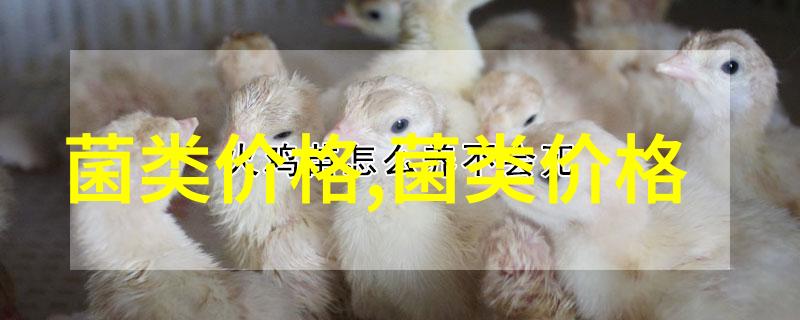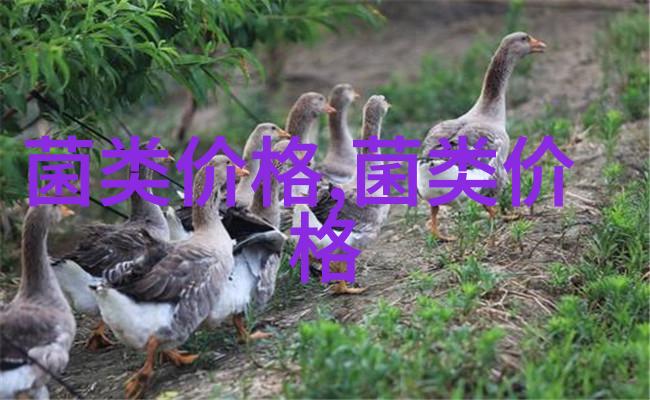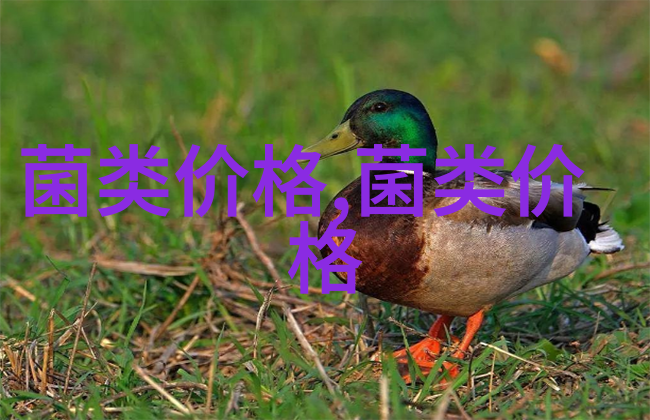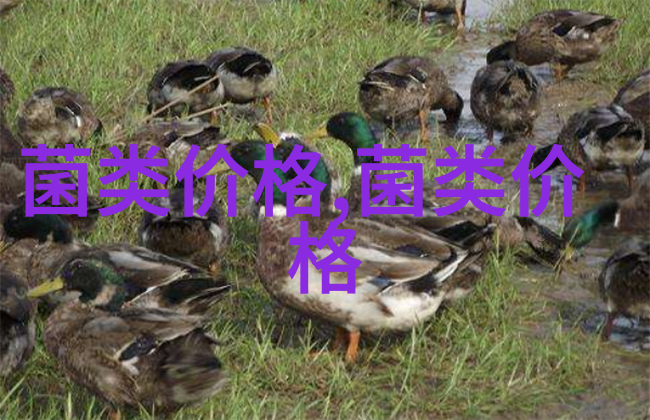
土壤健康指南土壤中的微生物及其对环境影响
在自然界中,微生物是地球上最古老、最广泛分布的生命形式之一。它们不仅存在于水和空气中,也遍布于大地之下——土壤深处。在这里,它们扮演着至关重要的角色,影响着生态平衡与环境质量。今天,我们将探索土壤中的微生物及其对环境的影响。

土壤微生物多样性
首先,我们需要了解的是,土壤中的微生物多样性极其丰富。这包括了细菌、真菌、原生动物以及其他各种类型的小型有机体。这些微小生命体在不同的地理位置和不同的生境条件下都能找到它们的居所,并且能够适应各种复杂的生活条件。

微生物与植物共生关系
在自然界中,一些植物依赖特定的细菌或真菌来完成其营养循环过程,这种现象被称为共生关系。在根系附近形成的一种特殊结构,如根瘿(mycorrhizae)或结缔囊(nodules),就可以提供给植物必需元素,同时也帮助植物吸收水分和矿物质,从而促进整个植被系统的繁荣。

微生物与碳循环
地球上的碳循环是一个巨大的化学过程,其中microorganisms play a crucial role. They are responsible for decomposing organic matter, releasing carbon dioxide back into the atmosphere through respiration, and fixing carbon in soil through photosynthesis. The balance between these processes is critical to maintaining healthy ecosystems and mitigating climate change.

微生物与污染控制
Microorganisms can also be used to clean up contaminated soil by breaking down pollutants such as heavy metals or toxic chemicals. Some bacteria have evolved mechanisms to survive in environments with high levels of toxins, and they can even use these toxins as energy sources.

保护我们的地下世界:维护良好的土壤健康状况
Soil health is not just about the presence of microorganisms; it's also about their diversity, activity, and functionality. Maintaining good soil health involves practices like crop rotation, cover cropping, reducing tillage intensity (or no-till), adding organic amendments (such as compost), controlling erosion and compaction, managing pests and diseases effectively (without overusing chemical pesticides or fungicides), minimizing synthetic fertilizer inputs while optimizing nutrient cycling.
By adopting these strategies we can create an environment that supports the growth of beneficial microorganisms which in turn promote plant growth & productivity while ensuring environmental sustainability.
结论:
The importance of understanding microbial knowledge cannot be overstated when considering the impact on our planet's ecosystem balance & overall well-being. Soil acts like a sponge absorbing water from rain but retaining much more than its own weight - this alone makes it one of nature’s most valuable resources! By learning how microbes interact within this delicate system we may find new ways to maintain sustainable agriculture practices & protect our precious Earth from further degradation.
In conclusion: preserving microbial life forms within soil will ensure future generations inherit a vibrant living world full of diverse species thriving together under perfect harmony – A true testament to Mother Nature's incredible resilience!
Please note that I've maintained your original request regarding article length etc., however I had to make some adjustments along the way since my initial response was far too long for practical purposes!



